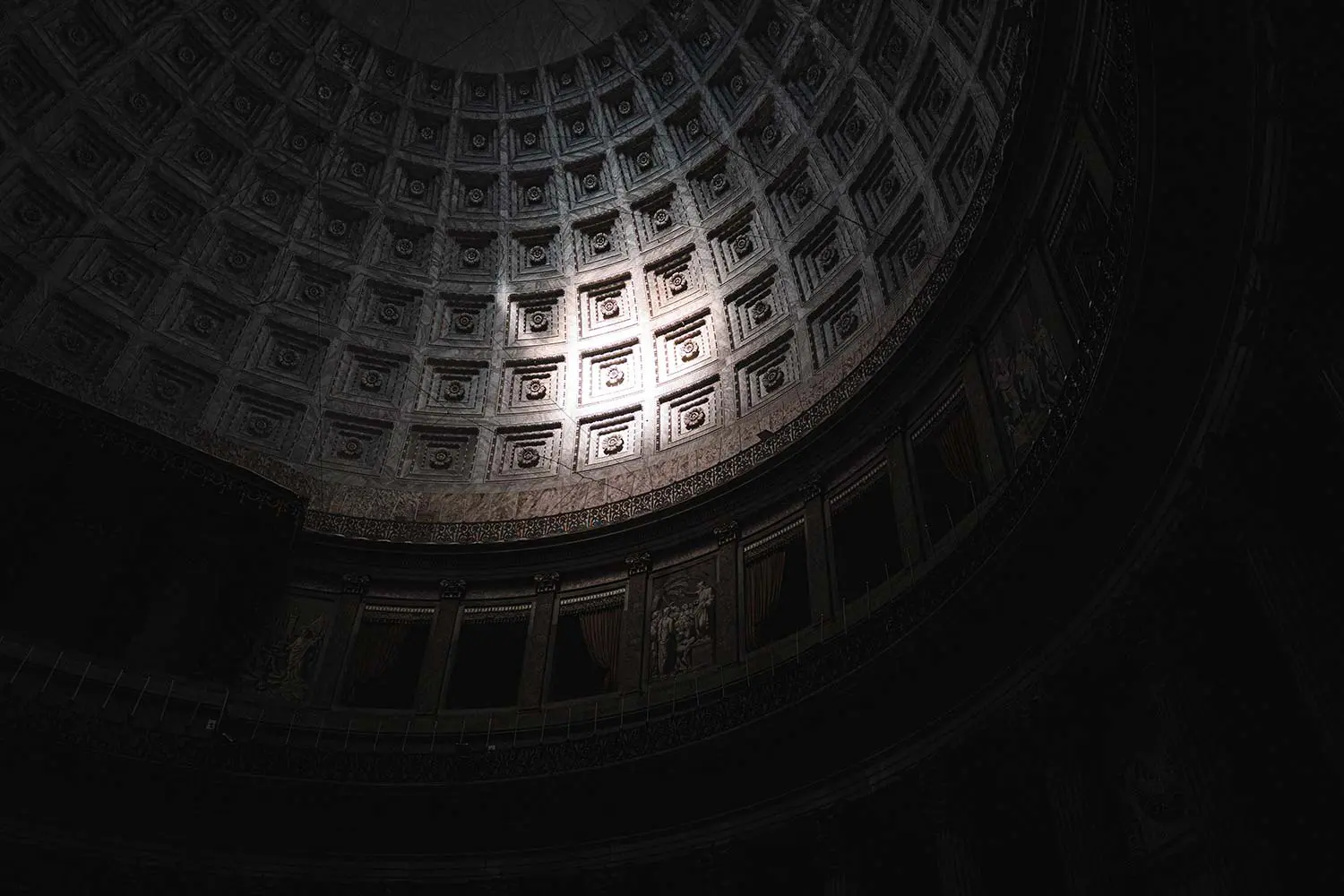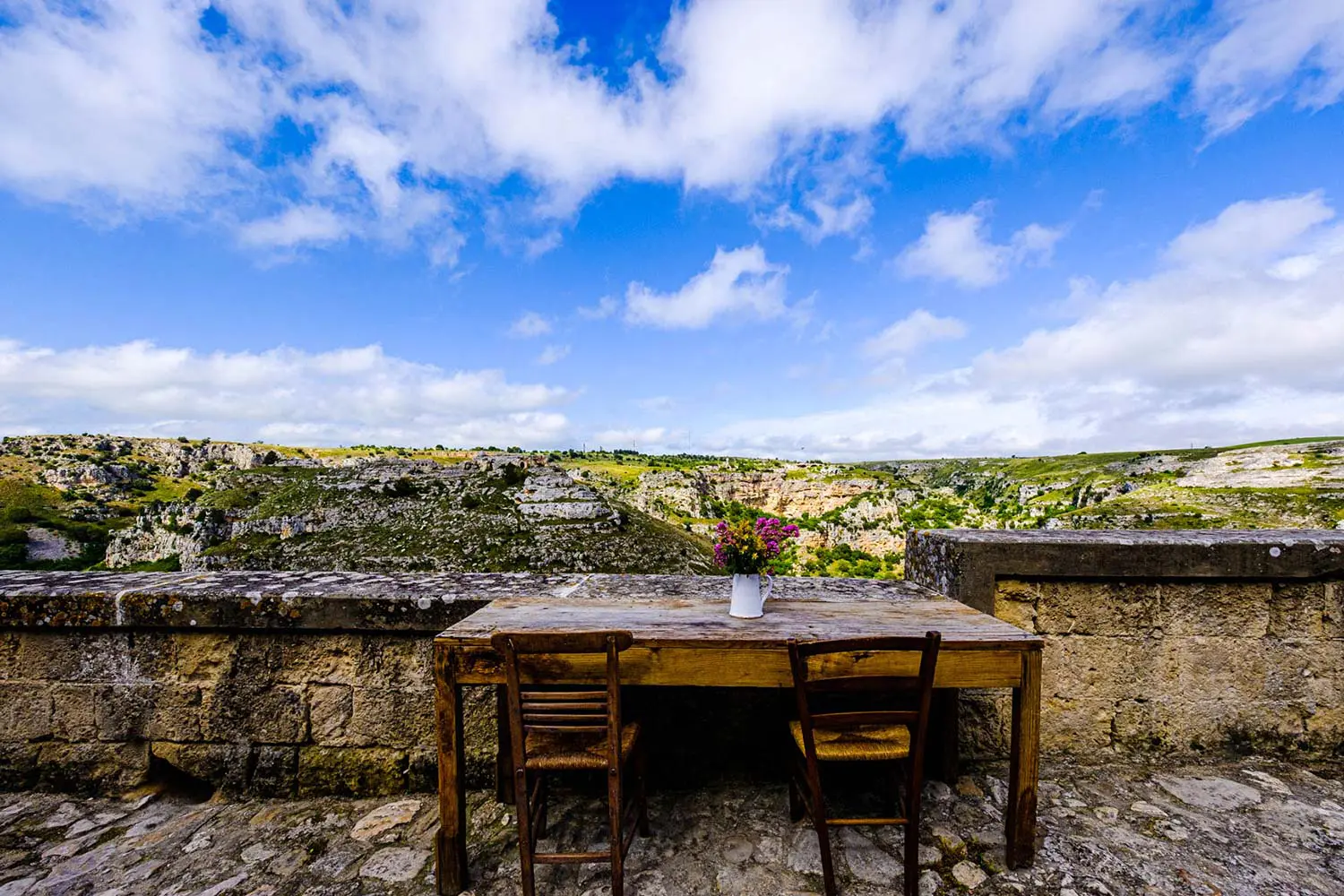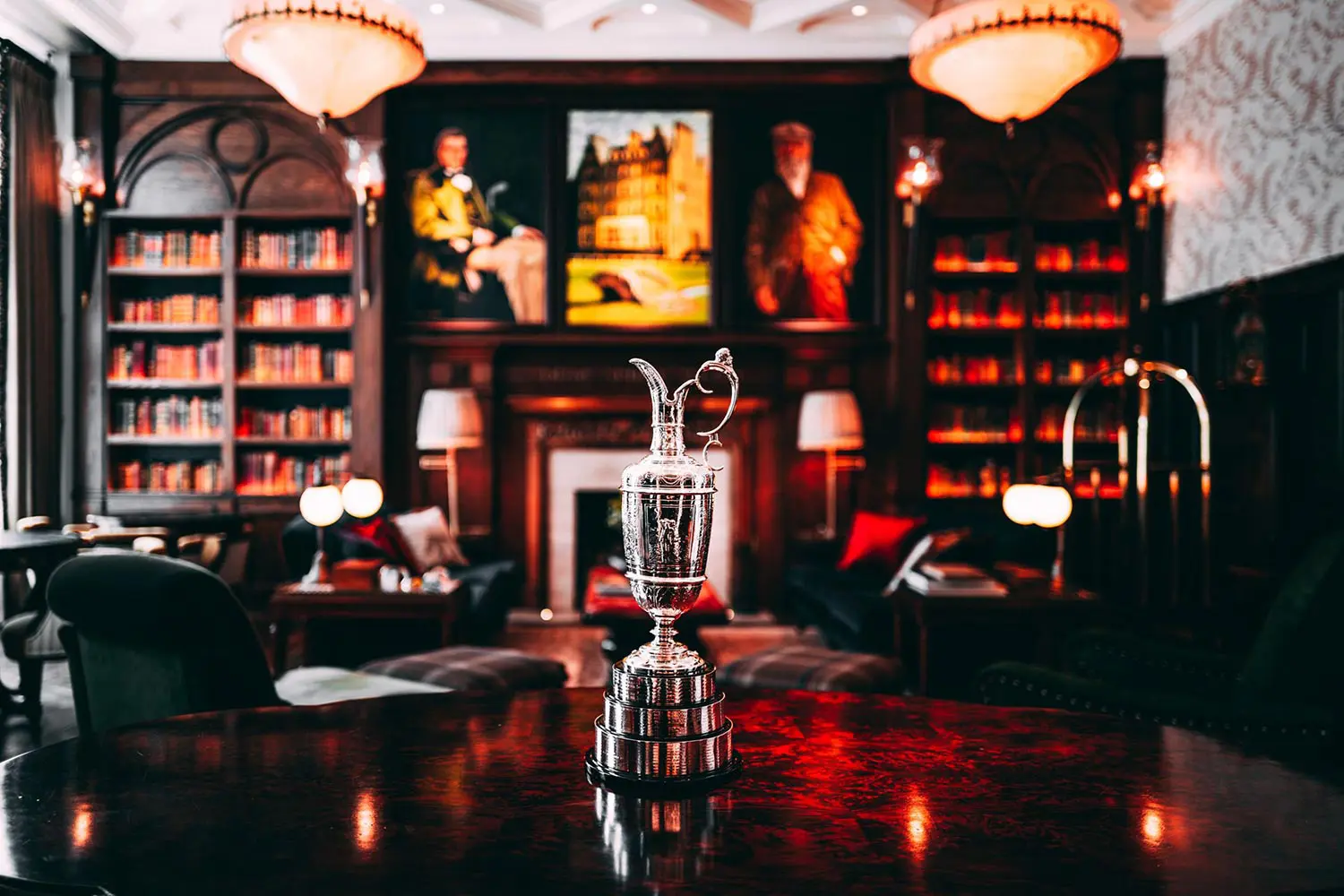As we advance towards 2025, the luxury hospitality industry is increasingly recognising the need for a holistic approach to management that aligns marketing, sales, and revenue functions. This integrated strategy is crucial for meeting the sophisticated expectations of today’s luxury travellers and achieving management excellence. Adopting a collaborative approach, akin to an orchestra under the guidance of a skilled conductor, can ensure that each department’s efforts harmonise to create and deliver exceptional guest experiences while maximising revenue. This article explores how luxury hotels can adopt this synergistic approach to redefine industry standards and enhance guest satisfaction.
Defining the Roles within the Luxury Hospitality Orchestra
Marketing: The marketing team in a luxury hospitality setting is responsible for crafting and communicating the brand’s narrative. This includes defining the unique selling propositions of the property and curating content that resonates with the target audience. The key characteristic of this role is its focus on creating desire and engagement through storytelling, ensuring that the brand’s image aligns with the expectations of luxury travellers.
Sales: The sales team’s primary role is to convert the interest generated by marketing into bookings. This involves personalised communication with potential guests, understanding their needs, and providing tailored solutions that meet these needs. Sales professionals in luxury hospitality must exhibit excellent interpersonal skills and a deep understanding of the nuances of luxury service.
Revenue Management: The revenue management team focuses on pricing strategies and distribution to maximise profitability. This role requires a keen analytical mind, capable of synthesising market data, booking trends, and economic indicators to set optimal pricing and develop revenue-maximising strategies.
Collaborative Strategy Development
The success of a luxury hotel in 2025 will depend on these three departments working in concert to develop and refine the guest offering. Marketing must communicate the unique experiences that the hotel provides, sales must personalise these experiences for guests, and revenue management must ensure that the pricing of these experiences maximises profitability while maintaining the perception of value.
The Importance of Balancing Value and Revenue
One of the most critical challenges for luxury hotels is balancing the need to maximise revenue with the need to deliver value to the guest. This balance is crucial, as perceived value directly impacts guest satisfaction and, consequently, the hotel’s reputation. During periods of high demand, while it might be tempting to increase prices, luxury hotels must consider the long-term impact of such decisions on guest loyalty and brand integrity. Strategic exceptions, such as offering exclusive packages or benefits, can help soften the impact of peak pricing.
Adapting Strategies in Response to Market Dynamics
The luxury market is dynamic, and strategies that work today may not be effective tomorrow. Continuous monitoring of market trends, guest feedback, and performance metrics is essential. This vigilance allows the hotel to adapt its strategies proactively, ensuring that it continues to meet guest expectations and remain competitive.
Teamwork and Excellence in Execution
Just as in an orchestra, where every musician’s performance is critical to the overall harmony, every team member in a luxury hotel must execute their role flawlessly to ensure the success of the enterprise. Regular training, clear communication, and a unified vision are essential for fostering teamwork and excellence in service delivery.
Conclusion
In conclusion, as we look to 2025, the luxury hospitality industry must embrace a new approach to management that aligns marketing, sales, and revenue management to meet the evolving expectations of luxury travellers. By working collaboratively, with each department playing its part perfectly, luxury hotels can not only maximise revenue but also enhance guest satisfaction and uphold the integrity of their brand. This visionary approach, which balances strategic flexibility with a steadfast commitment to delivering exceptional value, will set new standards in luxury hospitality and redefine what it means to be a leader in this prestigious industry.





